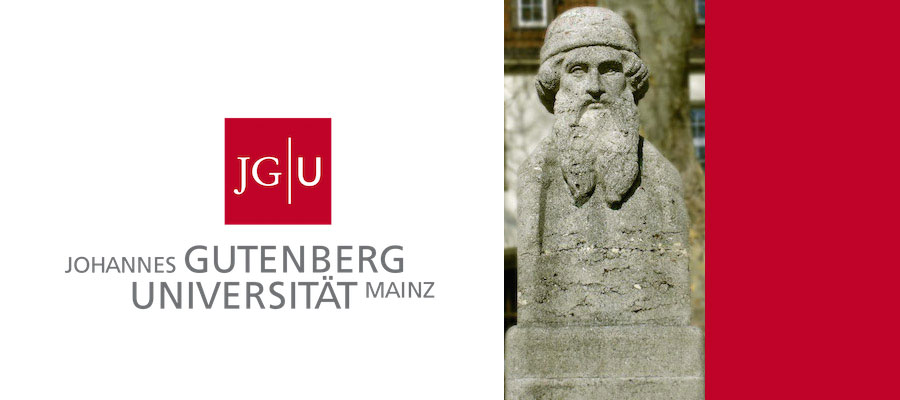At the Johannes Gutenberg University of Mainz the position of a post-doctoral researcher is to be filled by 01.03.2020 (or as soon as possible thereafter) for a period of three years.
The position is situated within the project “Mount Athos in Medieval Eastern Mediterranean Society: Contextualizing the History of a Monastic Republic (ca. 850-1550)” (MAMEMS), which is funded by a Starting Grant of the European Research Council (ERC). MAMEMS will constitute the first comprehensive examination of the monastic communities of Mount Athos as independent actors in medieval Eastern Mediterranean Society. This “monastic republic” was intimately connected with the Byzantine Empire, the various Orthodox principalities of the Balkans and Caucasus, South Italy, as well with the Ottoman Empire. By taking advantage of considerable advances in subfields like prosopography, analyzing and making available a set of sources (lists of commemoration) that are either poorly studied or unedited, and by bringing together an interdisciplinary team (a Byzantinist, Slavicist and Kartvelologist) under the direction of the Principal Investigator (Dr. Zachary Chitwood), MAMEMS will transform the way the Holy Mountain is viewed within scholarship and the general public via a triad of leitmotifs: wealth, ethnicity and gender (WEG). The exploration of these topics will be undergirded by the creation of a prosopographical database, Prosopographica Athonica, containing entries for every monk to have resided on the Holy Mountain, every Athonite benefactor and every person to have visited there from ca. 850 to 1550, that is from the time of the first surviving documents in the Athonite archives until the founding of the last of the major Athonite houses, Stavronikita. This database will finally allow a concrete analysis of how medieval Mount Athos was embedded within wider networks of economic interests, church leadership, intellectual exchange and patronage.
Researcher duties include:
- Participating in the creation of a prosopographical databank, which is to encompass all documented benefactors, monks and visitors associated with the Holy Mountain.
- The appraisal and analysis of relevant sources and literature in Slavic languages.
- The preparation and publication of a list of commemoration from an Athonite monastery (Hilandar) written in Slavonic.
- Regular participation in project events, including regular meetings every two weeks and three major international workshops.
Researcher profile:
- An outstanding dissertation in Slavic Studies or a related field.
- Excellent knowledge of (Old) Church Slavonic; knowledge of additional Slavic languages (Bulgarian, Serbo-Croatian, Russian); knowledge of further project-relevant languages (Greek, Rumanian) is advantageous.
- Experience in interdisciplinary work.
- Oral proficiency in English or German.
